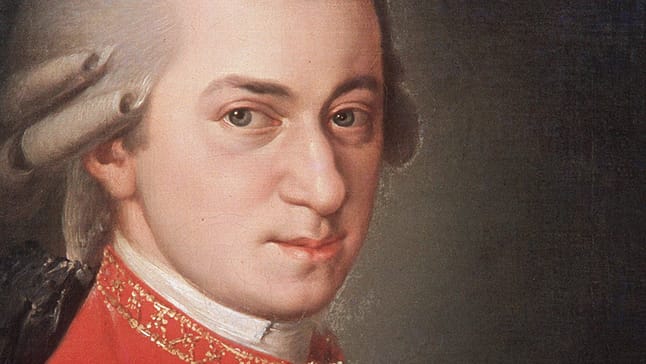A previously unknown piece by Wolfgang Amadeus Mozart has been discovered in Leipzig, causing excitement in the classical music world. This early work, composed when Mozart was a teenager, showcases his developing musical talent.

Lost composition emerges during cataloging project
In a remarkable find, an unknown early composition by Wolfgang Amadeus Mozart has been uncovered in Leipzig. The 12-minute piece, titled “Serenate ex C,” was discovered within the collection of Carl Ferdinand Becker, housed in the music library of the Leipzig City Libraries, according to a statement by the city.
The discovery was made during the creation of a new edition of the Köchel catalogue, a comprehensive reference guide to Mozart’s works, produced by the International Mozarteum Foundation in Salzburg. Experts believe the piece dates back to the mid-to-late 1760s, providing a rare glimpse into the composer’s abilities during his teenage years.
A serenade for the outdoors
Mozart, who lived from 1756 to 1791, would have been around 10 to 13 years old when he composed this work. Ulrich Leisinger, head of research at the Mozarteum Foundation, explained to the German Press Agency that by the time Mozart was 17, his compositional style would have evolved beyond what is heard in the “Serenate ex C.” The piece, intended as evening outdoor music, begins with a brief march. “This makes sense,” said Leisinger, “because it’s outdoor music, and you first need to grab the listeners’ attention.” The serenade then continues with six short movements.
Leisinger pointed out that the similarities between this piece and other works from Mozart’s early years, as well as external characteristics like the composer’s name on the sheet music, strongly suggest it is a genuine Mozart composition. While definitive proof is elusive, Leisinger emphasized that all possible steps were taken to rule out the possibility that this piece belonged to another composer. “We are convinced that we are presenting a completely unknown and charming work from the young Mozart,” he stated.
First systematic cataloging of teaching materials
The research for the Köchel catalogue has yielded more than just this insight into Mozart’s early talent. The catalog also includes works that Mozart was commissioned to enhance for operas by other composers, revealing his role as a “ghostwriter.” Throughout his life, Mozart also worked as a teacher, and the new edition of the Köchel catalogue systematically records his teaching materials for the first time.
The composition was officially presented on Thursday at the International Mozarteum Foundation in Salzburg. On Saturday, September 21, the piece will be showcased and performed at the Leipzig Opera.





